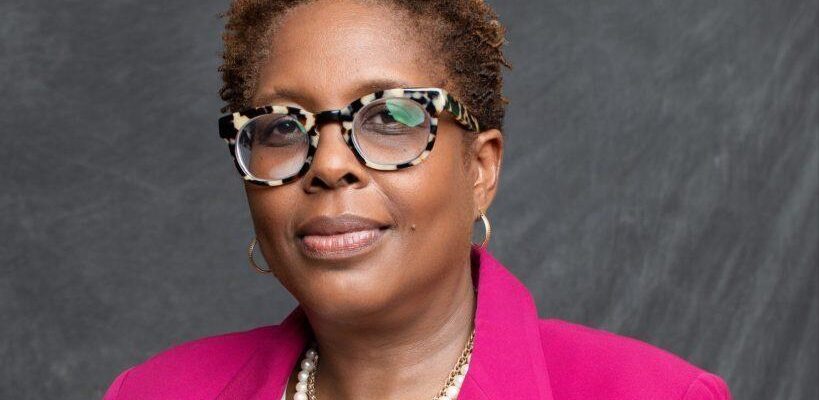

The Opposition Spokesperson for Foreign Affairs, Angela Brown-Burke, has expressed “severe dissatisfaction” with the Holness Administration over what she claims has been a completely lacklustre performance in international and diplomatic conduct.
Brown-Burke registered her disappointment during the 2025/2026 Sectoral Debates in Parliament on Tuesday, June 3.
During her presentation at the House of Representatives, Brown-Burke stated that the current Jamaica Labour Party (JLP) Government has let slip away the country’s role at the international level as a champion of reform, equality and proper justice.
“In recent times, we have witnessed silence, a deterioration in advocacy and action from our beloved island Jamaica, on critical matters facing the region and the most vulnerable in the world,” she said.

Brown-Burke went on to claim that such indifference was a major departure from the policy pursued by PNP administrations, which traditionally had a vested interest in upholding key principles such as the right to self-determination, freedom of speech, and democracy across the globe.
She harkened back to the era of Michael Manley, the first Jamaican prime minister from the People’s National Party. During his tenure, Manley achieved international acclaim as the de facto leader of the non-aligned movement at the height of the Cold War, pushing for an end to the Apartheid regime in South Africa and calling for a New International Economic Order more favourable to ‘Third World’ countries suffering from economic exploitation.
“It cannot be that the only time the entire nation gets a front row seat to international action is when our representatives are campaigning to lead international groupings such as ministerial committees or to head the Commonwealth [of Nations],” Burke declared.
The latter point was a clear jab at the current foreign Minister, Kamina Johnson Smith’s failed campaign to become the secretary-general of the Commonwealth in 2022.

Burke said the real path forward was for a clear and concise foreign policy to be made, which she argued that only a PNP government could truly provide. Nevertheless, she urged the current Holness Administration to begin major introspection and remove what she deemed unnecessary burdens that are at conflict with the best interests of Jamaicans, both at home and abroad.
The most significant of these supposed burdens Brown-Burke identified was the UK-based Privy Council, the nation’s final court of appeal. Many individuals, particularly those in the PNP, have criticised the continued reliance on the Privy Council, calling it little more than the legacy of a colonial past. Instead, they have advocated for Jamaica joining the Caribbean Court of Justice (CCJ), which consists of and is solely run by CARICOM member states.
“We speak the language of decolonisation, but we maintain the King’s Court as the highest authority in our justice system,” Burke noted. “This contradiction is no longer defensible. It places real justice out of the reach of everyday Jamaicans…So let us have the conversation, boldly, openly and honestly. Let us talk about adopting the Caribbean Court of Justice (CCJ) as our final appellate court; our court, built by us, for us.”

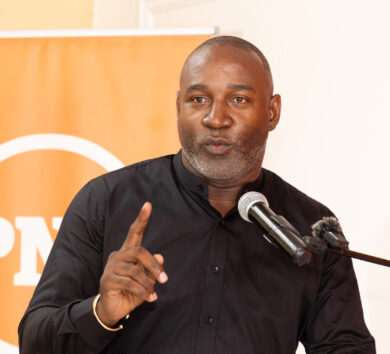
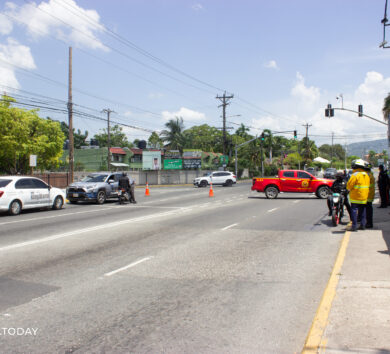
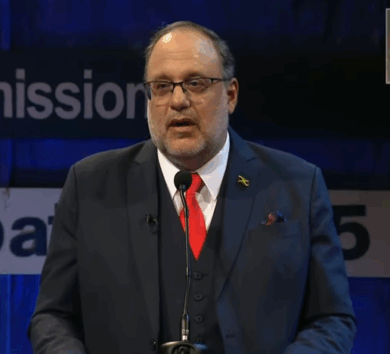
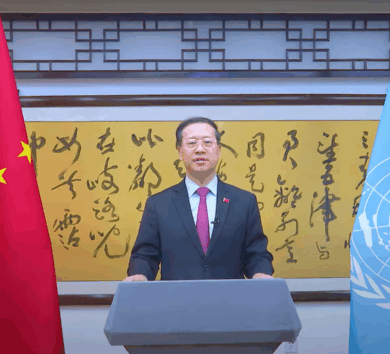
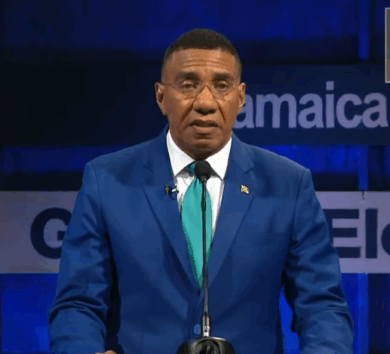
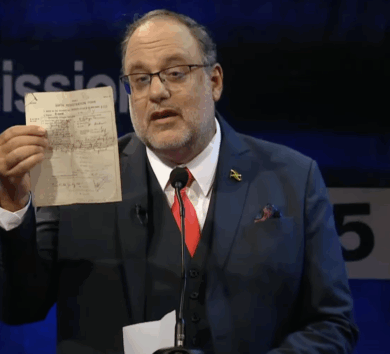
Comments